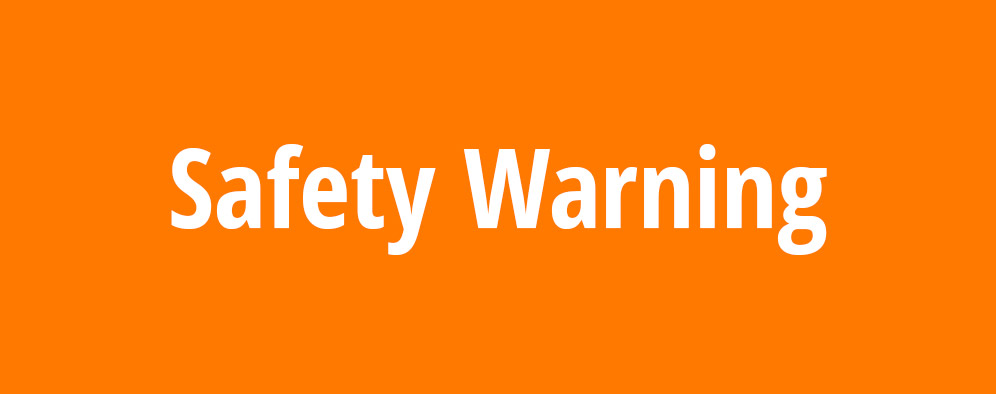
Note: You are receiving this message because federal law requires institutions of higher education to alert the campus community when certain crimes occur on or near certain campus property that presents a serious or ongoing threat. The intent is to provide information so individuals can take appropriate measures to best protect themselves. Notifications are based on when the university receives the report. More information is available here.
Trigger Warning: This alert discusses sensitive information pertaining to sexual misconduct. Information about resources is available here.
This weekend, University of Utah Police were notified of a reported sexual assault that occurred at the Pi Kappa Alpha fraternity house located at 1431 East 100 South on Thursday, September 29, 2022. A student reported going to the fraternity house with friends. The victim remembers feeling sick, nauseous, and as if they had been drugged. They were taken to a local hospital where they reported being sexually assaulted.
In response to this report, the hospital staff and University Police contacted the Salt Lake City Police Department to notify them of the incident. That department is now leading the investigation into the incident. While the fraternity house falls within the university’s federally required geographic reporting area, the location is off-campus and within the Salt Lake City Police Department’s jurisdiction. If you know anything about this incident, please call the Salt Lake City Police at 801-799-3000, to provide information for any future investigation.
If you have been harmed by sexual assault, please reach out to the university’s victim-survivor advocates (VSAs). To make an appointment: call 801-581-7776, or email advocate@sa.utah.edu.
Prevention and Safety Tips:
This safety warning is being issued as part of the University of Utah’s efforts to provide timely notifications about serious or ongoing threats to the campus community. While it may be distressing to learn about this incident, it is being shared so you can best protect yourself. Responsibility for a crime lies with the person committing it; however, there are some things you can do to reduce your risk of experiencing crime. Note: timely notifications are based on when the university receives the report. Please remember:
- If you or someone you know is a victim of interpersonal violence, call the LINK line at 1-800-897-LINK (5465) or visit the Center for Excellence in Women’s Health website.
- Consent is required for all sexual interactions. Consent cannot be granted if a person is under the influence of alcohol, coerced, or under duress or force. If you are unsure if a person wants to engage in sexual behavior, DO NOT DO IT.
- Coercion includes “wearing a person down” until they say yes. This is not consent.
- The vast majority of sexual assault occurs between two people who know each other. Usually victims of sexual assault know, and sometimes trust, the person who hurt them.
- If you notice one of your friends ignoring another person’s boundaries, remove your friend from the situation and tell them their behavior is not OK.
- If you’re meeting someone new, let others know when and where you’re meeting and plan to meet in a public setting. Trust your gut if anything feels off.
- Use the U’s SafeRide program or a courtesy escort (main campus: 801-585-2677; University Hospital: 801-581-2294) to get around campus.
- Let a family member or friend know when you’re going somewhere and your estimated time of arrival or return. This allows them to notify police as quickly as possible if there is a problem.
- If you feel uneasy, leave the area. Go to a safe location and notify University Police at 801-585-2677, or in case of an emergency, dial 911.
- Take care of one another and consider stopping and being present until help arrives in situations where someone may be experiencing harm. The person causing harm may stop if other people are around.
- Report any suspicious activities to University Police at 801-585-2677. Be prepared to provide as many details as possible.
- Be aware of your surroundings and avoid distractions, especially when walking alone. Try to avoid isolated or dark areas. Walk in groups whenever you can—there is safety in numbers.
- If a person approaches you in a way that makes you uncomfortable, maintain a distance and be observant; if they are in a vehicle, get the license plate number, make, model, color, and any additional identifiers, such as damage to the vehicle and direction of flight, if possible.
Support and Resources
- Additional support and resources are available at the SafeU website, through the SafeUT app, and through the U’s Basic Needs Center
- Counseling and support services are available from several entities on campus:
- American Indian Resource Center: 801-581-7019
- Black Cultural Center: 801-213-1441
- Center for Disability and Access: 801-581-5020, info@disability.utah.edu
- Center for Ethnic Student Affairs (CESA): 801-581-8151
- Center for Student Wellness (victim-survivor advocates, bystander intervention training): 801-581-7776
- Dream Center: 801-213-3697
- Employee Assistance Program (staff): 801-587-9319 or 800-926-9619
- Housing and Residential Education (available 24/7): 801-587-2000
- Huntsman Mental Health Institute crisis line (available 24/7): 801-587-3000
- Independent Review Committee: complaints about public safety personnel may be reported to the Independent Review Committee at irc@utah.edu
- International Student and Scholar Services: 801-581-8876, international@utah.edu
- LGBT Resource Center: 801-587-7973
- Office for Equal Opportunity, Affirmative Action, and Title IX: 801-581-8365
- Office of the Dean of Students: 801-581-7066
- Office of Inclusive Excellence: 801-587-7580
- University Counseling Center (students only): 801-581-6826
- Veterans Support Center: 801-587-7722, vetcenter@sa.utah.edu
- Women’s Resource Center: 801-581-8030

One thought on “Reported sexual assault”
Comments are closed.